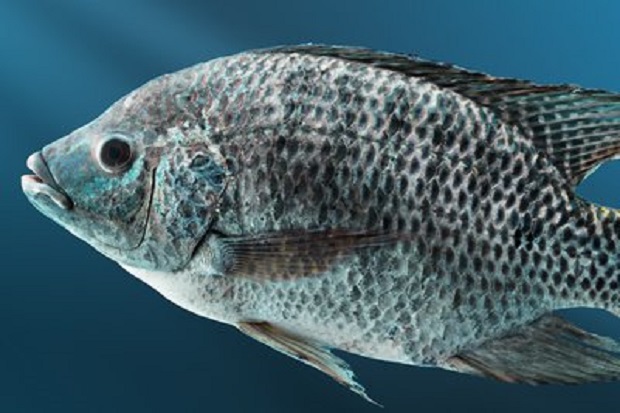
News
Industry update
Research
University study explores use of scales to spot stressed out fish
January 6, 2020 By Nestor Arellano

A study by researchers from the University of Guelph in Ontario, Canada, has shown that a key stress hormone, cortisol, accumulates in fish scales slowly and remains there for weeks. This means that measuring cortisol levels in scales could be a simple, minimally invasive way of judging fish health and an advantage for aquaculture operators.
Cortisol is a well-known stress indicator and appears readily in the blood. However, blood tests are invasive and are not a good indicator of long-term stress. That’s because cortisol does not stay for long in blood, according to a recent post on the University of Guelph website.
Research results published in the journal Conservation Physiology, by professors Nicholas Bernier and Frédéric Laberge from U of G’s Department of Integrative Biology show that cortisol accumulates in fish scales at a much slower rate than in blood. The cortisol can stay in fish scales for several weeks.
“Recent research has found that cortisol can be measured in fish scales, but it wasn’t able to demonstrate how long it took for the hormone to accumulate in the scales,” Laberge said. “This is important to know because the mere act of catching a fish will cause a cortisol spike.”
The U of G research by Laberge and Bernier is the first to show that cortisol increases slowly in scales and remains for a long time.
Fish scales in the largest, most common fish group contain no live cells. But because scales grow within layers of the skin, they are in constant contact with the bodily fluids that keep them nourished, including circulating cortisol.
Laberge said scales do not behave like hair and feathers. For instance, with hair, cortisol is deposited as the hair grows. This provides a “retrospective look at stress levels,” he said. “Hormones can accumulate and then dissipate in scales, but in a much slower way than in blood.”
The researchers expect scale cortisol accumulation and clearance will differ among fish species.
“There is more work that needs to be done to understand these differences and also to make this testing method simpler, more precise and less invasive using as few scales as possible,” said Bernier. “This is still a new area of research, but there is a lot of excitement, both from ecological conservation researchers and from the animal welfare perspective, that scales have the potential to be a simple indicator of chronic stress.”
Print this page